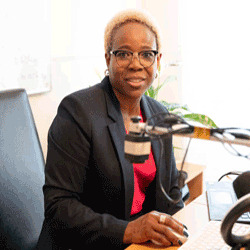KS3 English Language
The Key Stage 3 (KS3) English Language Curriculum is designed for students aged 11 to 14 (typically Years 7 to 9). It focuses on developing students’ skills in reading, writing, speaking, and listening. Here is an overview of the main …
Overview
The Key Stage 3 (KS3) English Language Curriculum is designed for students aged 11 to 14 (typically Years 7 to 9). It focuses on developing students’ skills in reading, writing, speaking, and listening. Here is an overview of the main components of the curriculum:
Reading
- Literature: Students read a wide range of texts including novels, plays, poetry, and non-fiction. They explore texts from different cultures, time-periods, and genres.
- Comprehension: Emphasis on understanding, interpreting, and critically evaluating texts. Students learn to identify themes, characters, and settings, as well as to analyse language, structure, and form.
- Comparison: Encouraged to compare texts, identify similarities and differences, and understand different perspectives and contexts.
- Vocabulary Development: Focus on expanding vocabulary, understanding word meanings, and using context to deduce meanings.
Writing
- Creative Writing: Students write creatively, experimenting with different styles, genres, and purposes. They develop narratives, descriptions, and imaginative texts.
- Transactional Writing: Students learn to write for practical purposes, such as letters, reports, articles, and essays. They practice structuring their writing, using appropriate tone, and addressing specific audiences.
- Grammar and Punctuation: Emphasis on using correct grammar, punctuation, and spelling. Students learn to apply these rules in their writing to improve clarity and coherence.
- Planning and Editing: Encouraged to plan, draft, and revise their work. They learn to self-edit and peer-review to improve their writing quality.
Speaking and Listening
- Discussion: Students participate in group discussions, debates, and presentations. They learn to express ideas clearly, listen to others, and engage in constructive dialogue.
- Presentation Skills: Emphasis on formal presentations, where students practice speaking, using appropriate language, and engaging their audience.
- Drama and Role-Play: Activities involving drama and role-play to develop confidence and oral skills. Students explore character, voice, and dialogue through performance.
Assessment
- Formative Assessment: Ongoing assessments through classwork, homework, and teacher feedback. Helps to monitor progress and identify areas for improvement.
- Summative Assessment: End-of-term or end-of-year exams and projects to evaluate overall performance and understanding of the curriculum.
Key Themes and Topics
- Literary Heritage: Study of classic literature and significant works from English literary history.
- Modern Texts: Exploration of contemporary literature and issues relevant to today’s society.
- Cultural Diversity: Exposure to a diverse range of authors and texts from different cultures and backgrounds.
- Critical Thinking: Development of analytical and critical thinking skills through the study and discussion of texts.
Additional Components
- Cross-Curricular Links: Integration of English skills with other subjects, such as history, geography, and religious studies.
- ICT Skills: Use of technology to research, create, and present work. Encourages digital literacy alongside traditional literacy skills.
This curriculum aims to foster a love for reading and writing, enhance communication skills, and prepare students for the next stage of their education in Key Stage 4.






